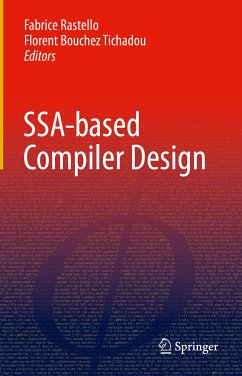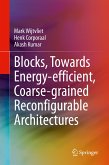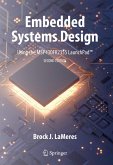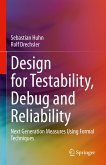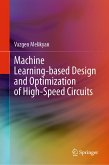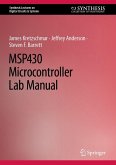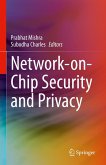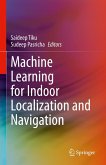- Provides the first, single-source reference to the widely adopted, static-single assignment (SSA) form of compiler design;
- Offers readers state-of-the-art, advanced compiler optimization techniques;
- Includes contributions by subject experts from globally recognized compiler research centers and engineering practitioners at companies such as Google, Facebook, IBM, and Amazon;
- Employs a textbook style of presentation throughout, with coherent and uniform structure, sequence, terminology, and notations;
- Offers valuable content both for lecturers (such as vanilla SSA, construction, destruction, propagation, liveness) and advanced compiler developers (including if-conversion, code-selection, hardware compilation, scalar evolution, register allocation, Gated-SSA, Psi-SSA, Hashed-SSA, Array-SSA, SSI).
Dieser Download kann aus rechtlichen Gründen nur mit Rechnungsadresse in A, B, BG, CY, CZ, D, DK, EW, E, FIN, F, GR, HR, H, IRL, I, LT, L, LR, M, NL, PL, P, R, S, SLO, SK ausgeliefert werden.

